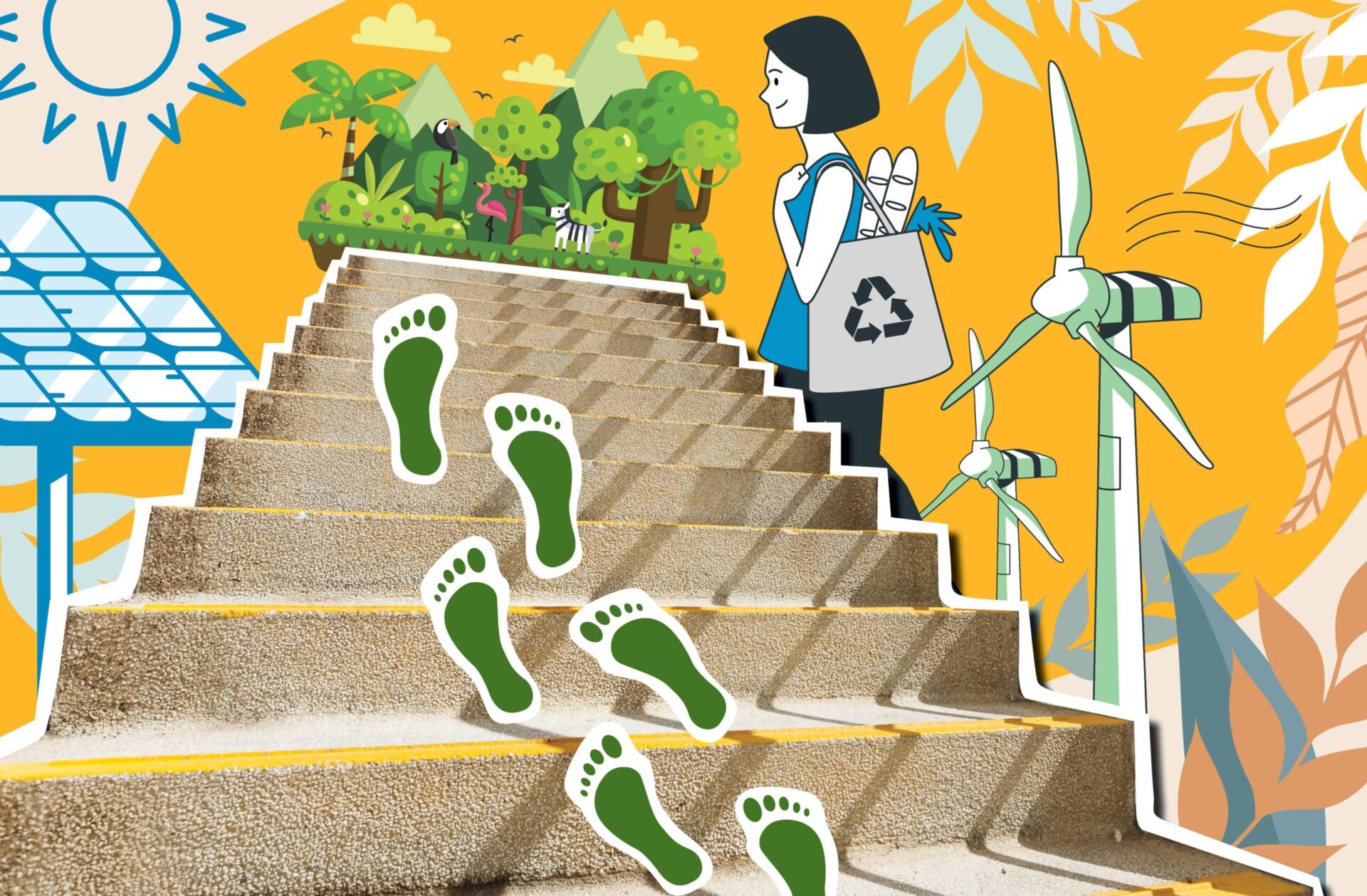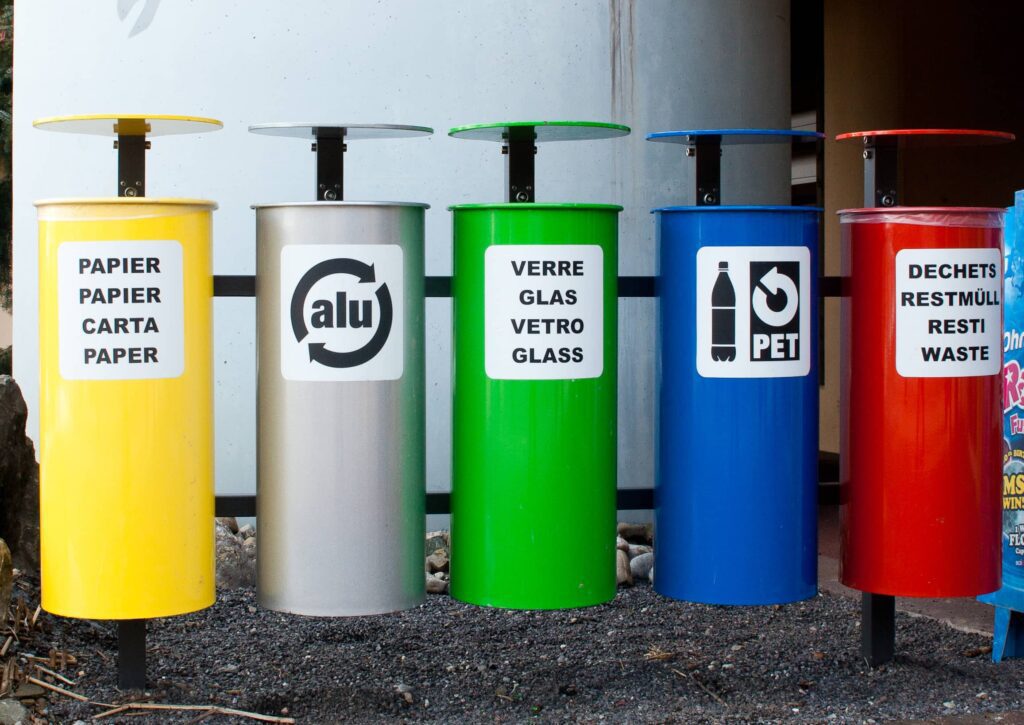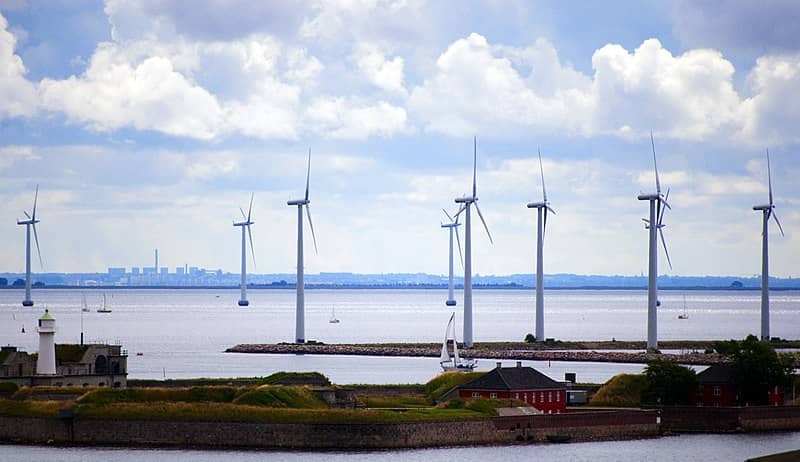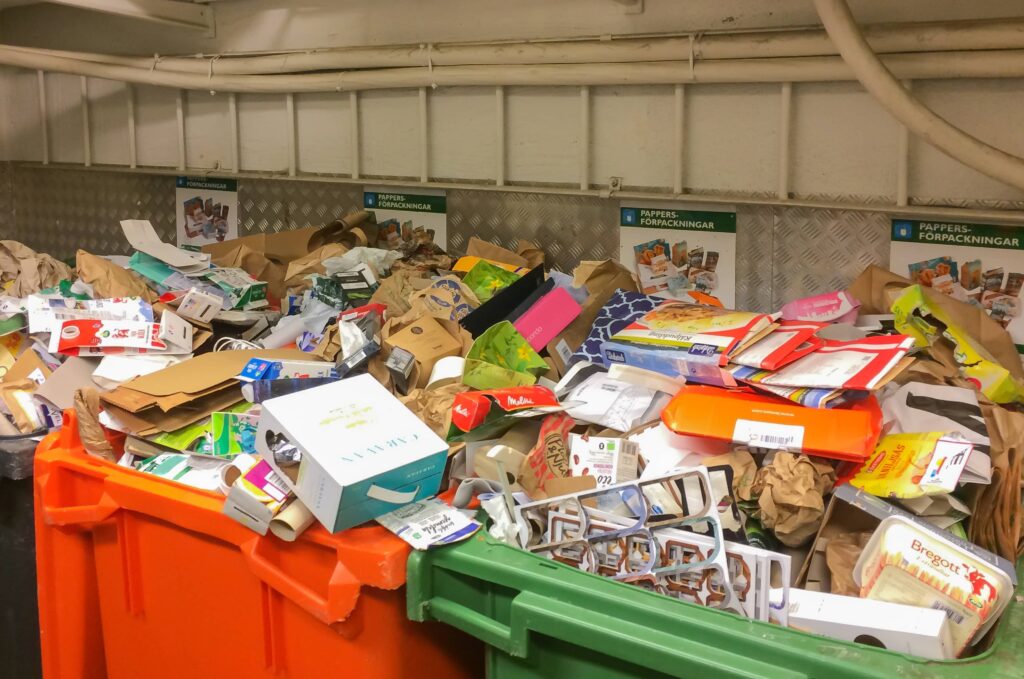Towards A Sustainable Future: 10 Countries Who Are Leading The Way

Discover the 10 most sustainable countries leading global efforts towards a greener future. Explore their innovative strategies, renewable energy initiatives, and waste management success stories driving environmental stewardship in 2024
Now is the time to put global sustainability first! As nations become more aware of the need of the hour, i.e., building and maintaining environmental health, there has been a strong drive to implement structural reforms that will allow us to be better stewards of our planet.
Here is a list of the 10 most environmentally friendly countries working towards a zero-waste economy.
Switzerland
Famed for its chocolate, cheese, bank accounts, and clocks, the Swiss also firmly committed to environmental protection. They boast of having one of the world’s most sustainable waste management programs, converting 100,000 tonnes of garbage annually into electricity for the community. The country’s wastewater plant cleans 90 million gallons of water every day. By 2050, Switzerland plans to use 100% renewable energy, restore 50% of the oceans, and be carbon neutral.
Also read- Electric Vehicles Are Being Banned In Switzerland

Denmark
Aside from leading the way on the happiness index, the Danes also lead in wind power, with wind turbines providing over half of the country’s electricity. Plus, almost half of Denmark’s energy comes from renewable sources, and bikes are widely used, reducing emissions from cars and trucks. Copenhagen, Denmark’s greatest green city, plans to be carbon neutral by 2025
Samso, a Danish island, is one of the few places in the world that only uses renewable energy sources like the sun, wind, and biomass.


Japan
Vehicles are one of the causes of pollution and climate change, so hybrid and electric cars can help minimise this. Japan plans to have 50% of new cars produce zero emissions within the next ten years. By 2050, the country’s most populous cities hope to be carbon-free. Additionally, with roughly ten different categories of recyclables, their recycling system is one of the best in the world.

Sweden
With the highest renewable energy utilization, lowest carbon emissions, and best education programs, Sweden tops the charts in green living. More than half of the energy consumed is renewable. By 2045, the country will have cut emissions by 85% to 100%. Electric buses, smart roads, and urban farming have all helped them reduce emissions. Food banks, recycling, gender equality, and housing for the vulnerable have all contributed to sustainability.
New Zealand
New Zealand’s parliament has passed legislation to aim for a total net zero by 2050. The Kiwis are also highly committed to sustainable living, with most consumers only buying sustainably sourced products. Also, the country has one of the most sustainable farming systems globally.

Agriculture is New Zealand’s primary industry
France
It’s no wonder that the country where the Paris Climate Agreement was negotiated is one of the world’s most environmentally friendly. The French rulebook on using hydro turbines, laws to eliminate food waste, and requiring new commercial buildings to have roofs that are partially covered with plants or solar panels are prime examples of creating a green environment. Plus, the world’s fashion capital proposed doubling their bike lanes and making their country more bike-friendly.

Paris is set to become a 100% cyclable city with an extensive network of bicycle lanes within and around the city

Austria
Austria has long been regarded as one of the leading organic food producers. Over 20% of Austria’s agriculture adheres to organic farming’s environmental guidelines. The country has set a target of eradicating the use of heating oil throughout the country by 2035. Austria aspires to be carbon neutral by 2040.

Canada
Canada is attempting to become more sustainable, with a goal of reducing greenhouse gas emissions by 30% by 2030. Canadians are dedicated to exploring sustainable living, energy solutions, and environmental sustainability. With the reduction of poverty and the quest for equality, the country is constantly improving its social sustainability.
Finland
Sustainability in Finland is constantly being improved. The country plans to reduce its use of fossil fuels by half within the next ten years. In addition, the use of coal in generators has been prohibited. Previously polluted areas, such as rivers and lakes, have been rehabilitated. Wooded areas cover over 70% of the country, with the majority of them protected to avoid deforestation and wildlife disruption.

Germany

(source: Deutschland.de)
Germany is one of the more sustainable countries. Companies in Germany are committed to their social responsibility and reducing their carbon emissions. The country plans to reduce its greenhouse gas emissions by 55% by 2030. Also, the country is introducing more renewable energy and has a robust recycling program.
Finally, as global citizens, we are responsible for limiting our ecological footprints. However, each country must contribute to creating a global eco-conscious environment. The countries mentioned above can serve as examples for the rest of the world to pick up the slack.
We must be responsible for the environment. It is our responsibility to ensure that the environment is preserved by being eco-friendly and reducing activities that are harmful to the environment. Please take the time to join our sustainable brand community website if you are interested in learning more about sustainability. This will enable you to find out what brands are taking initiatives, and becoming a part of a sustainable community.






[…] Mar 25th […]